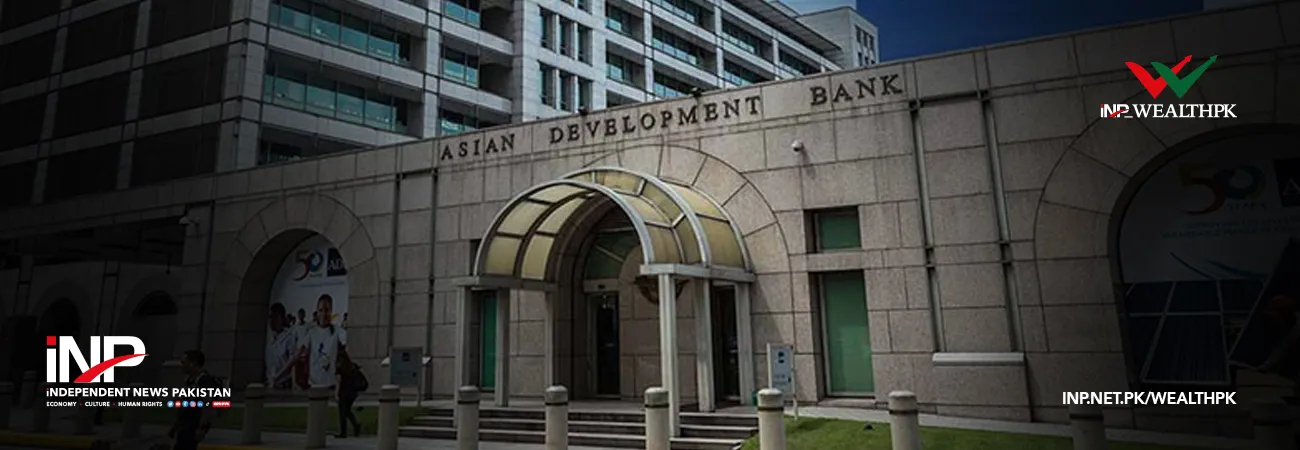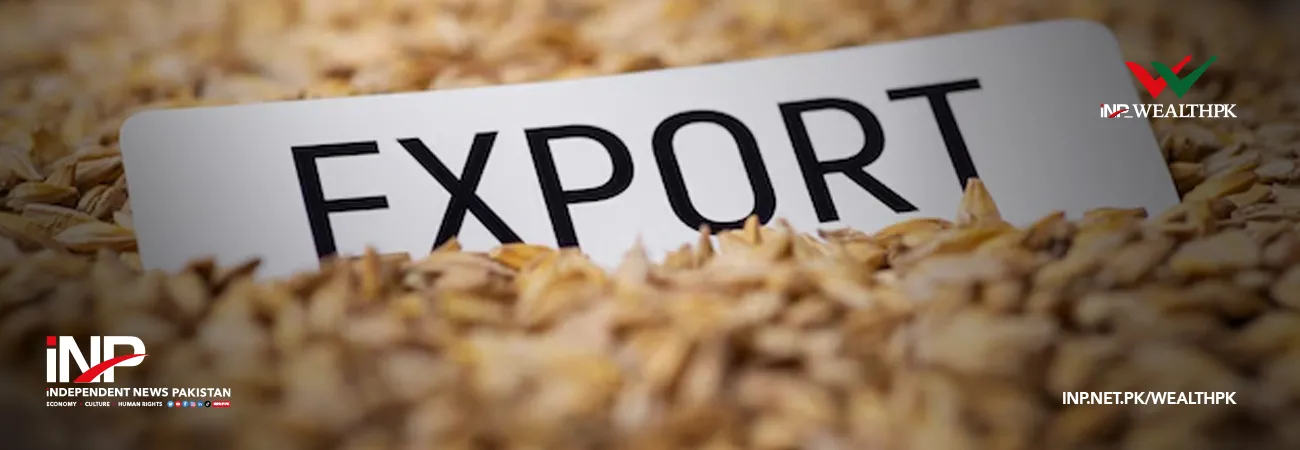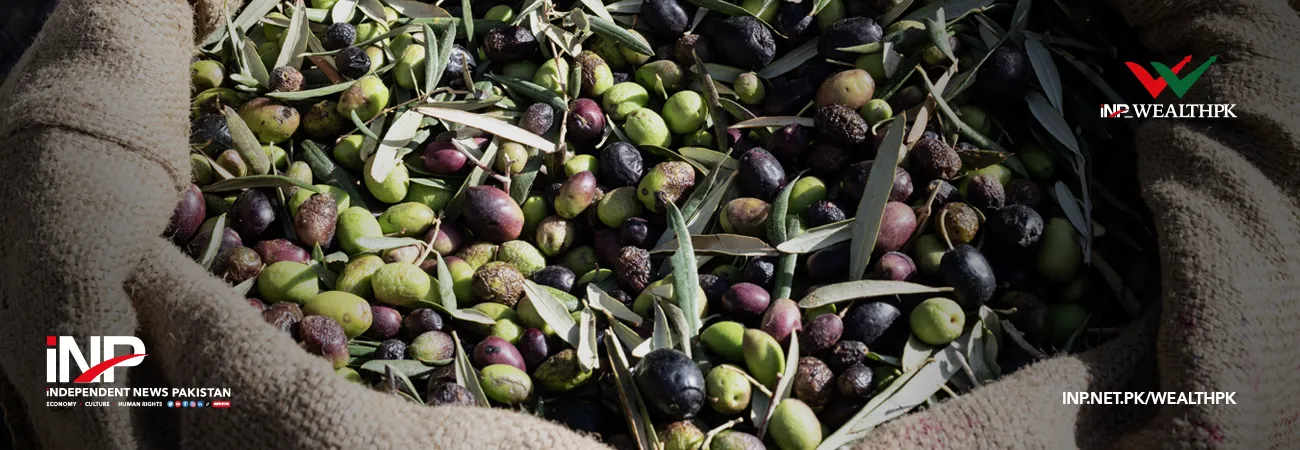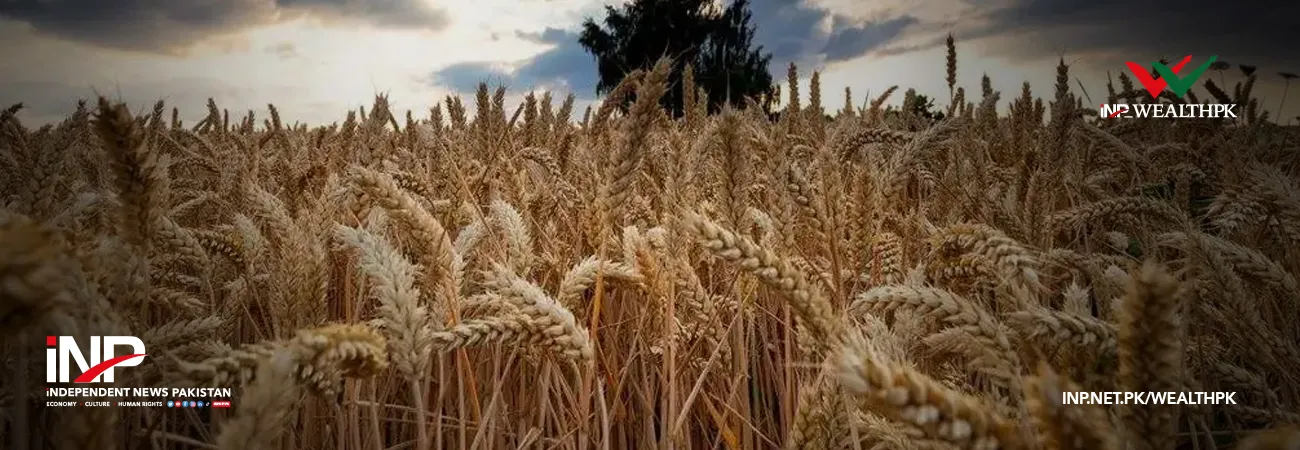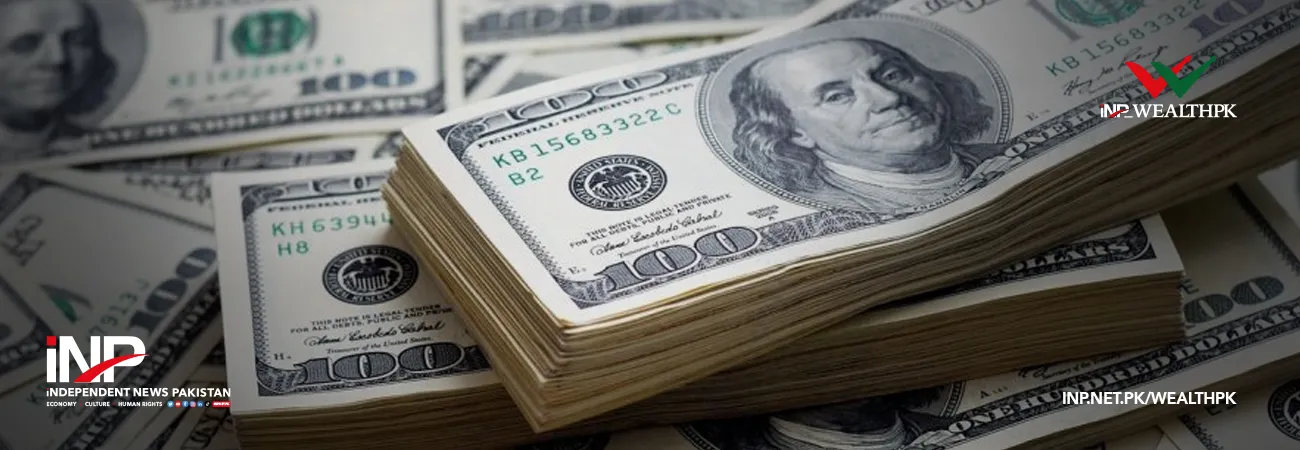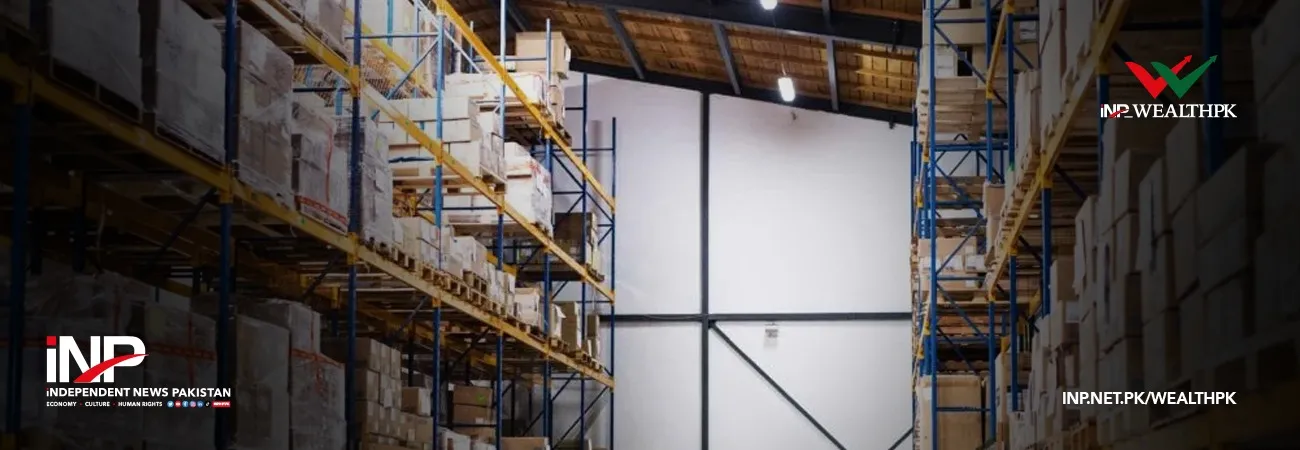INP-WealthPk
By Muhammad Soban ISLAMABAD, March 04 (INP-WealthPK): As industrial hemp (cannabis) provides the fibre used in the textile industry, its production on commercial scale can help Pakistan reduce its over-reliance on cotton production for the purpose. This was underscored by Dr Umer Habib, an assistant professor at the Arid Agriculture University, Rawalpindi, while talking to WealthPK. Dr Habib is also the head of an experimental project, which was launched by the ministry of science and technology and the Arid Agriculture University in Rawat area of Rawalpindi district to start producing hemp on commercial scale in Pakistan. “Pakistan can be one of the top producers of hemp in the world in the next few years as its climate is suitable for production of the crop,” he said. “There are around 5,000 products that can be produced from hemp,” Dr Habib informed WealthPK. It is to mention here that the ministry of science and technology has formulated the Pakistan’s first-ever National Hemp Policy, which is going to be approved by the federal cabinet soon. The policy will legalise hemp production in the country to tap the huge potential of the crop. Under the policy, the government plans to issue 100 licences for cultivation of the crop at industrial level. “There are many international varieties of hemp being produced. However, the seed is very costly as the price varies between $12 to $16 per seed,” Dr Habib informed WealthPK. “Pakistan is experimenting with different hemp varieties so it can produce its own breed of hemp and provide it to farmers at a low price.” According to him, industrial hemp could be produced openly without a controlled environment as compared to hemp for medicinal use, where a controlled environment is required to grow the crop. “Hemp grown on one acre can produce two times the quantity of textile fibre than cotton produced on acre.” The minister of science and technology has also launched Pakistan’s first pilot plant of hemp production at Pakistan Council of Scientific and Industrial Research (PCSIR), Lahore, to extract oil for medical and industrial use. It is to mention here that internationally more than 45 countries have legalised hemp production and the United Nations has also removed hemp from the dangerous drugs list. Hemp is not only used in medicines but in textile and paper industries. Cannabidiol (CBD) oil extracted from hemp is widely used to treat cancer, body pain, and other illnesses. The global industrial hemp market is growing rapidly. According to Allied Market Research, the market size of industrial hemp is $4.9 billion, which is expected to reach $18.6 billion by 2027, at an annual growth rate of 22%. Globally, top producers of hemp are China, the USA, and Europe, which grow 32%, 29%, and 27% of the world’s total, respectively. Pakistan can also be a top producer of industrial hemp. According to the ministry of science and technology, Pakistan intends to grow hemp worth three to five billion US dollars in the next three years as the country’s climate is suitable for its cultivation. Pakistan can not only use the hemp oil domestically, but there is a prodigious potential to export it and earn a handsome amount of foreign exchange. Globally, oil extracted from hemp has a very high price and demand. Before the Covid-19 pandemic, price of CBD oil was $5,000 to $6,000 per kilogramme.





